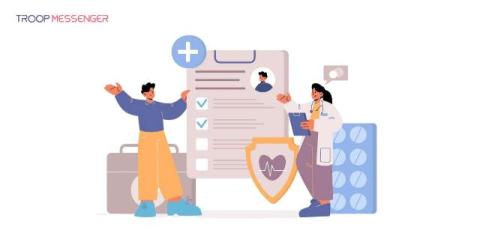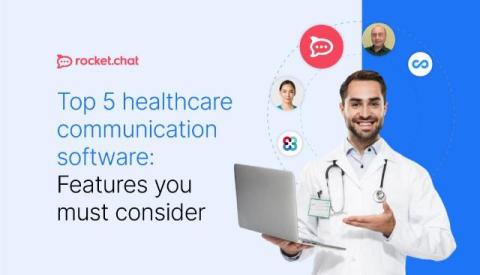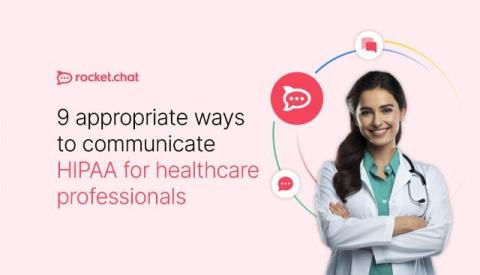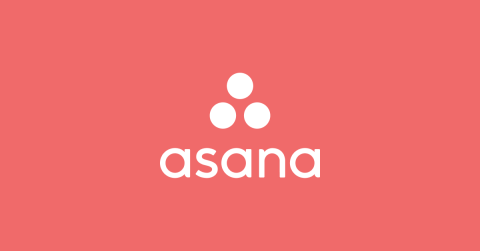Connecting Care: How EMR Software Bridges Gaps in Technology and Patient Engagement
As technology seeps into the healthcare industry, its profound impacts cannot be overstated. Technological integration in healthcare solutions not only reshapes medical processes but also redefines patient care standards. Electronic medical records are the prime example of tech-savvy innovation in the care realm. They hold the key to harmonizing patient engagement with healthcare delivery, offering innovative solutions by harnessing the synergy between automation and technology.









